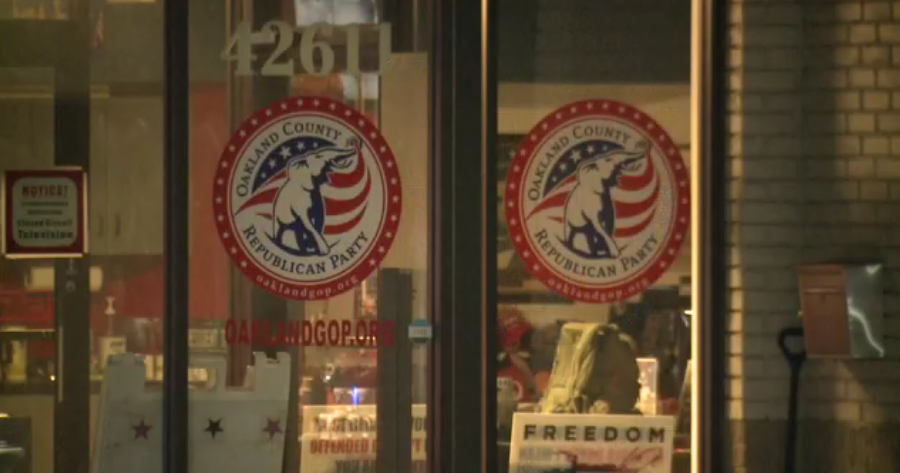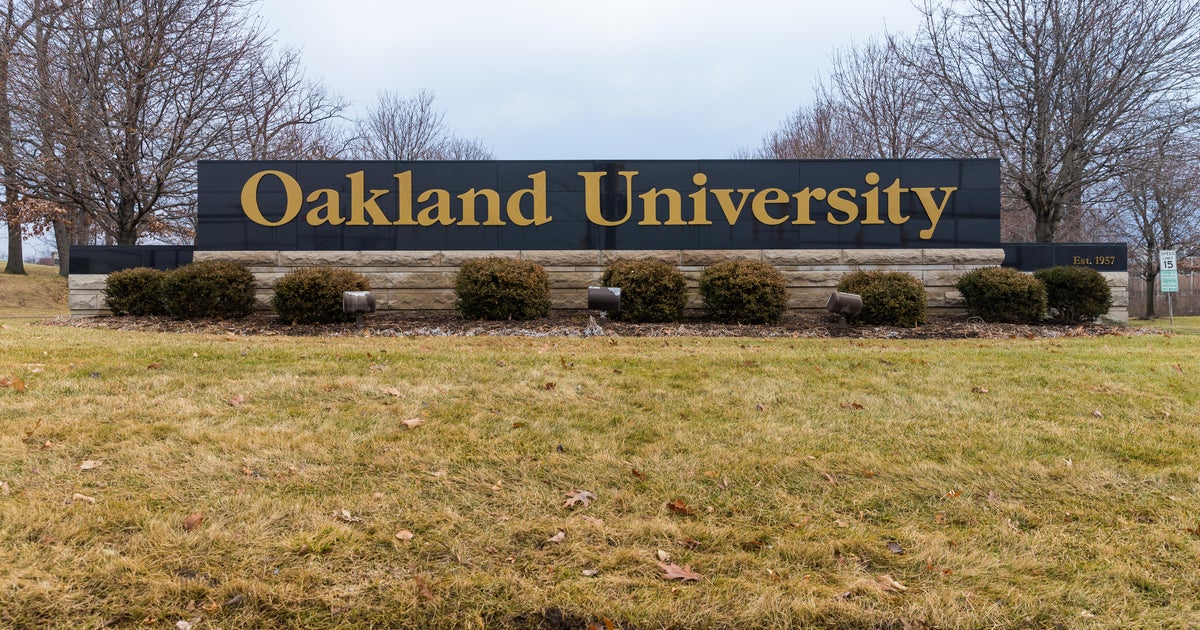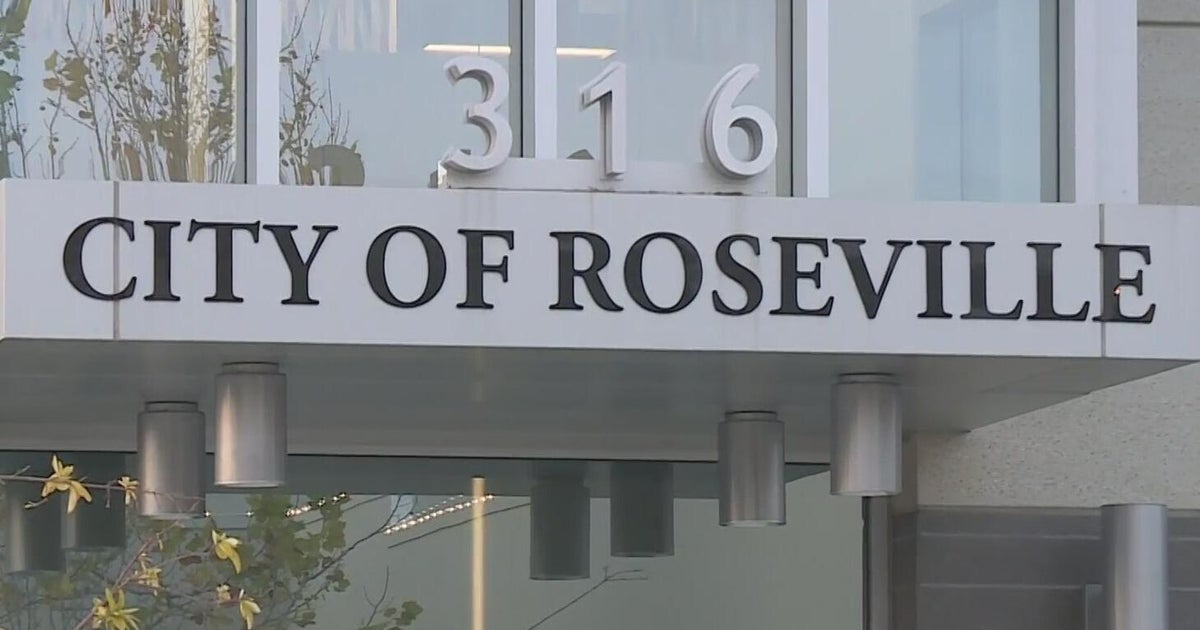Oakland Leaders Grapple With Housing Crisis
OAKLAND (CBS SF) -- Passions flared Thursday as Oakland City officials and renters advocates each presented new proposals for coping with escalating housing costs, but a clear path out of the crisis remains elusive.
A lengthy report from the city government contained numerous policy proposals that city leaders estimated could save 17,000 affordable units and construct 17,000 units over the next 8 years.
City leaders have been promising swift action on housing for months and while some measures have already been implemented, much of their agenda remains vague and subject to debate by the City Council and Oakland voters.
Meanwhile, renters advocates introduced their own plan as a ballot initiative that they say will immediately help thousands of Oakland tenants by shoring up eviction and rent restrictions and improving enforcement
mechanisms. That plan still needs approval by the city attorney's office for the ballot and its full details have not been released.
While different ideas on how to proceed surfaced in earnest Thursday, none denied the urgency of the crisis.
"This has got to stop. For years the city and the county has ignored the housing crisis," Paula Beal, an Oakland resident and member of tenant advocacy group Causa Justa, said outside City Hall Thursday.
"The massive displacement of black and other working class communities of color needs to be addressed," she said.
Causa Justa and other tenants rights groups, backed by unions like Service Employees International Union Local 1021 and the California Nurses Association, submitted a ballot initiative Thursday that they say would make
conditions for evictions stricter for 45 percent of Oakland tenants and limit what rent increases landlords could make.
The measure would also improve enforcement, in part by requiring a publicly accessible database of all rent increases, according to the groups submitting the proposal. But late Thursday the full text of the proposed
initiative had not been made available and the proposal had not been reviewed by the city attorney's office.
The package of proposals by city officials, outlined by Mayor Libby Schaaf and City Council members Thursday afternoon, also included reforms to the city's just cause eviction ordinance and possibly to the city's rent
control laws.
The policies were developed by a cabinet appointed to examine the problem based on a policy roadmap approved by the City Council last year.
One potential expansion of the city's just cause eviction ordinance, which limits when landlords can legally evict a tenant, could remove the exemption for two- or three-unit buildings where the owner occupies one unit. Any changes to rent control would only be announced after an audit due to be completed next month.
Kevin Keane, a spokesman for the East Bay Rental Housing Association, objected to any changes to the just cause eviction ordinance, but declined to comment Thursday on any of the specific proposals being discussed.
While he said any new restrictions on landlords could potentially prevent people from seeking to own and rent property in Oakland, the group's main objection was small landlords' interests not being included in the city's policy discussion, according to Keane.
But rather than focus on new restrictions for landlords, city leaders emphasized Thursday that they are seeking to make sure that tenants understand their rights under existing law and that the city is equipped to enforce it.
"Many people are unaware of these protections, or where to go for information to have questions answered, or the process to resolve disputes with landlords," city officials wrote in a 52-page report outlining the policy proposals.
Meanwhile the limited availability of city resources has led to a "chronic backlog in these service systems." There have been 2,086 petitions from tenants since 2011 over housing conditions, rent increases or other concerns, according to the report.
To help shore up funding for tenant outreach and enforcement, the city is considering raising the per-unit rental fee for landlords from $30 to around $100, but the step has proven controversial both with landlords and with tenants groups who suspect the new fee will just be passed on to tenants.
City leaders also want to shore up and expand existing housing stock. Another part of the plan is to assist nonprofits in purchasing run-down properties, particularly near transit centers, and fix them up while making sure they remain permanently affordable.
To do so, the city would create a fund with $10,000 to $50,000 per unit specifically for rehabilitating and addressing seismic issues in not only multi-unit rental properties and vacant buildings, but for owner-occupied houses as well. Funding for such projects could come from a city infrastructure bond under consideration.
With 13,000 to 15,000 new units in varying stages of development, Schaaf said Thursday that the city is well on its way to its goal of adding 17,000 new units by 2024. But to make sure that 28 percent of those units are affordable, the city is considering imposing an impact fee to new market rate developments that would be added to the city's affordable housing trust fund.
The City Council expects to take up an impact fee, a condition imposed by many other cities, and put it in action later this year.
But Schaaf stressed that the time when simply constructing new housing to cope with demand has long past, particularly since the dramatic rise in Oakland rents -- nearly 70 percent since 2007 -- is only symptomatic
of a regional problem.
From 2010 to 2014, the Bay Area added 446,000 private sector jobs and only 54,000 new housing units, Schaaf said.
"We do not have the time or money to build our way out of this problem," she said. "This housing plan is focused on protection."






